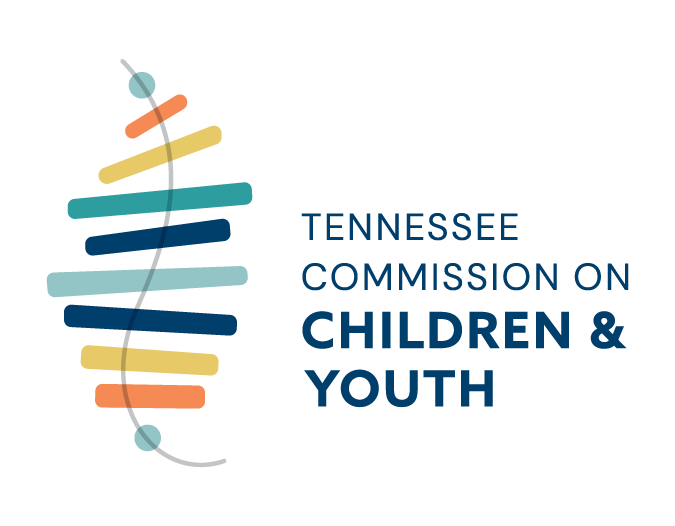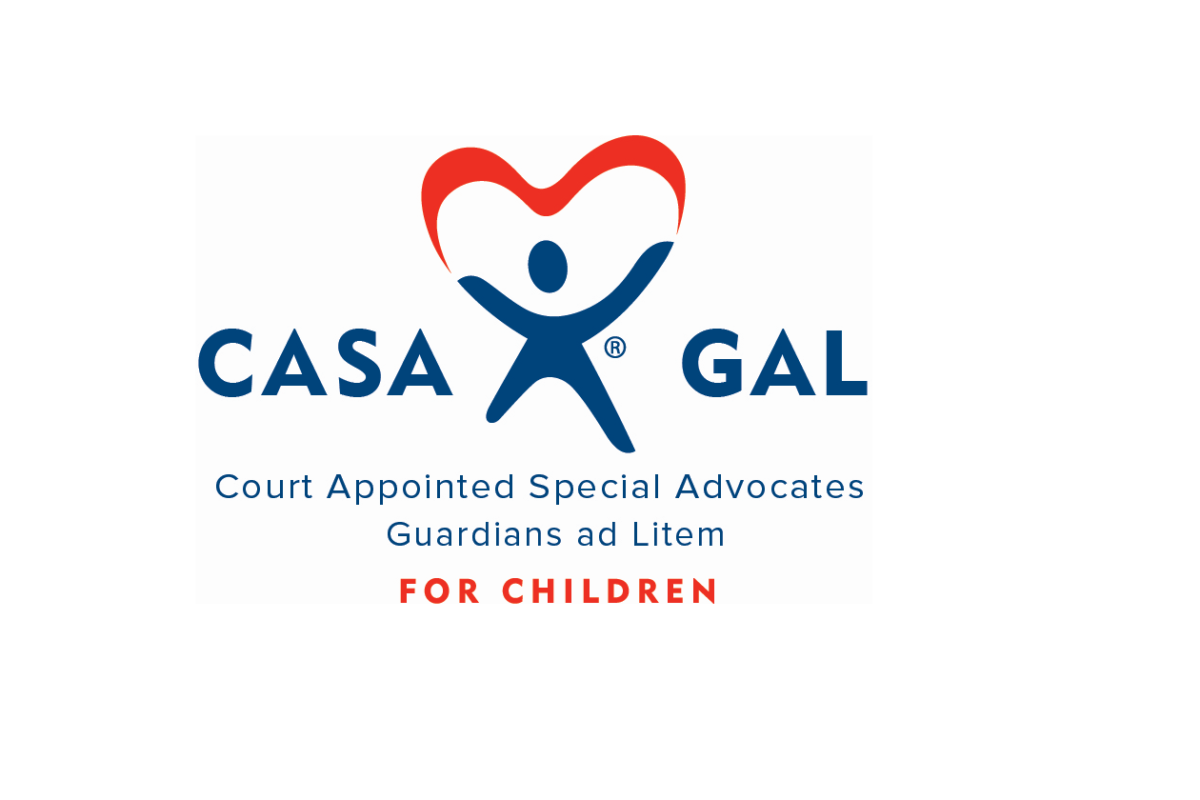Tennessee CASA Evidence of Impact
What are Best Interests?
*Best interests: The court determines best interest of a child by considering: the child's emotional needs, such as nurturance, trust, affection, security, achievement,and encouragement; social needs; educational needs; the child's vulnerability and dependence upon others; need for stability of placement; age and developmental level, including his or her sense of time; the general preference of a child to live with known people, to continue normal activities, and to avoid moving; the love, affection and emotional ties existing between the child and the parents; the importance of continuity in the child's life; the home, school and community record of the child; the willingness and ability of the proposed or potential caretakers to facilitate and encourage close and continuing relationships between the child and other persons in the child's life with whom the child has or desires to have a positive relationship, including siblings. The list of factors set forth in Tenn. Code Ann. 36-6-106 (a) (1-16). Adapted from TN Supreme Court Rule 40.
85% of juvenile court judges who have a CASA program reported that a CASA volunteer's involvement had a positive impact on permanency.
The Tennessee Court Improvement Program of the Administrative Office of the Court conducted the Judicial, Court, and Attorney Measures of Performance (JCAMP) survey.
Supportive Relationships and Active Skill-Building Strengthen the Foundations of Resilience
Resilience-Where-Does-It-Come-From.pdf
A Guide to Resilience - Center on the Developing Child at Harvard University








